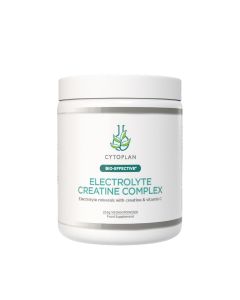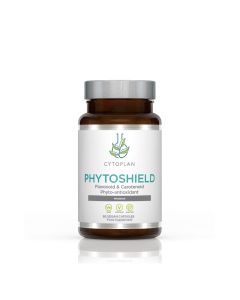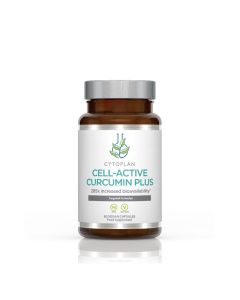Are tomatoes bad for arthritis?
Rheumatoid arthritis and osteoarthritis are both conditions that share similar symptoms such as joint pain, inflammation, stiffness and loss of movement. In a healthy joint, cartilage covers the surface of the bones, acting as a shock absorber to allow the bones to move against each other freely. Rheumatoid arthritis (RA) is an autoimmune condition that occurs when the immune system attacks the joint tissue leading to swelling and inflammation, whereas osteoarthritis is where cartilage becomes damaged and worn which causes inflammation, degeneration of the joint and eventually results in the bones rubbing together.
There has been a myth for some time about tomatoes being bad for arthritis, but is this true?
Tomatoes are full of an abundance of health promoting compounds including antioxidants, lycopene, beta-carotene and vitamin C and are a staple of one of the healthiest ways of eating – the Mediterranean diet. While they are technically a fruit, tomatoes are known as a vegetable for nutritional and cooking purposes that can be eaten raw and cooked.
Tomatoes originated in South America where consumption began around 700AD. Tomato seeds were brought to Europe in the 16th century, however at the time botanists identified the tomato plant as a member of the Solanaceae family, the same family as the well-known deadly nightshade herb Belladonna. Tomatoes contain glycoalkaloids which are compounds produced by the plant to protect itself from the outside world, however some plants produce very high levels, making themselves poisonous to animals and humans when eaten. The leaves and stems of tomatoes (the bits we don’t typically eat) contain slightly higher levels of this compound, whereas the tomato body itself contains a very tiny amount.
There is a common myth that tomatoes can contribute to inflammation and worsen arthritis, however so far this is anecdotal, as there is no scientific evidence to date to suggest that tomatoes cause or worsen symptoms of arthritis.
One potential reason for this myth may be that tomatoes are a member of the nightshade family, along with bell peppers, potatoes and aubergines. Nightshades naturally produce a toxin called solanine, which has long been thought to trigger inflammation and joint pain, but there is little to no scientific evidence to support this. In contradiction, tomatoes may help reduce inflammation as part of a healthy diet as they contain many beneficial phytochemicals to support overall health.
Many arthritis organizations aim to debunk this myth and state that there is no need to eliminate these healthy foods. Some outdated research has found that nightshade vegetables may not be suitable for some individuals with rheumatoid arthritis (RA) due to their potential impact on gut health, however many more human studies needed.
All this being said, many people have individual food intolerances and sensitivities, and some may find that certain foods, including tomatoes, may not suit them, and they may want to try eliminating them from the diet for 2-3 weeks to see if this helps their symptoms.
It is true that certain foods can contribute to inflammation in the body, but fruit and vegetables may not be at the top of that list! The typical western diet, associated with being low in plant foods and high in fat and animal products, alongside a higher ratio of omega 6 to omega 3 fatty acids has been found to be associated with an increased risk of arthritic conditions. An anti-inflammatory diet which is typical of the Mediterranean way of eating is a predominantly plant-based diet and includes an abundance of vegetables, fruits, wholegrains, seeds, olive oil and fish, with a lower intake of animal products, processed and refined foods. Adherence to this way of eating has been found to have health promoting, anti-inflammatory and immune supportive effects and is highly recommended to support inflammatory conditions such as arthritis.
Long-term intake of omega-3 fatty acids have been reported to be protective against the development of conditions such as RA. Some studies have found that omega-3 fatty acid supplementation can help improve arthritis symptoms.
Good Sources of Omega-3 Fatty Acids:
- Wild caught salmon (tinned or fresh)
- Sardines (tinned in olive oil)
- Herring (tinned or fresh)
- Flaxseeds
- Hempseeds
- Chia seeds
- Walnuts
Are there any supplements to support arthritis?
- Rheumatoid arthritis supportive supplements include omega 3 fatty acids, vitamin D, turmeric and curcumin, boswellia serrata and probiotics
- Osteoarthritis supportive supplements include collagen, vitamin C, glucosamine, MSM, celadrin and hyaluronic acid
So, in summary – there is little scientific evidence to support that tomatoes are bad for arthritis. Tomatoes contain many beneficial nutrients such as vitamin C, lycopene and beta-carotene and can help reduce inflammation in the body as part of a healthy diet. Some people, including those with RA and gut issues, may find that tomatoes and other nightshade vegetables do not suit them and so avoiding these foods may be necessary.








